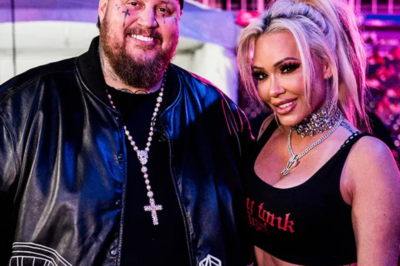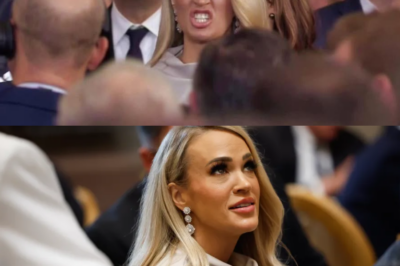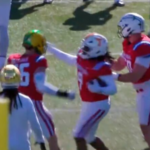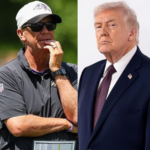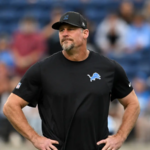According to Forbes, Elon Musk’s current fortune is around 467 billion USD.
![]()
The tech world has recently been divided on how far and how fast AI will go. At the recent US–Saudi Investment Forum, billionaire Elon Musk said that humanity is rushing into a future where labor will become “optional” and money will be “meaningless.” His vision: Smart machines will dominate, and humans will only do work for fun, like growing plants or playing video games.
“It would be like playing sports or video games,” Musk said. “You could go to the market and buy vegetables, or you could grow vegetables in your backyard. Growing vegetables is much harder, but people still do it because they like it. Work would become optional.”
The Tesla and xAI CEO also predicts that money, the backbone of modern society, will eventually lose its meaning as machines do all the heavy lifting: “If you look far enough, and AI and robots continue to improve (which seems likely), money will cease to be relevant at some point.”
This isn’t Musk’s first “big picture” prediction. A few days ago, he claimed that Tesla’s humanoid robot, Optimus, would “change humanity” in the next two decades. If true, the future could be a never-ending vacation, provided the robots don’t get there before us.
The Promise and Dark Side of AI
While Musk dreams of a money-free, job-free paradise, others in Silicon Valley are more realistic. Jensen Huang, CEO of Nvidia, which is fueling the AI revolution with high-performance chips, says he isn’t worried about the end of the world, but he wants to be warned if it does happen.
“All jobs will be different, absolutely,” Huang said, acknowledging the inevitable disruption. “The way students learn will be different. The way people work will be different, because a lot of the tedious, arduous tasks will become very simple.” Indeed, Nvidia chips are at the heart of much of the AI infrastructure: from Amazon, Microsoft, Google, Oracle to OpenAI, Anthropic, xAI, Meta. Few leaders have seen the pace of AI’s expansion as clearly as he does.
CEO Huang is adamant that AI will reshape the workplace, not eliminate it. Duplicated jobs will disappear, and new ones will emerge. Not everyone is as optimistic as he is.
Is AI a bubble?
While AI dominates headlines and financial reports, some veterans are still trying to bring people back to reality. Google’s Sundar Pichai recently called for caution against the “irrationality” surrounding the AI craze. Speaking to the BBC at his California headquarters, he said the current atmosphere was reminiscent of the early days of the internet: “Looking back at the internet, there was clearly overinvestment, but no one questioned its profoundness. AI is the same,” Pichai said. “So there are both rational and irrational elements mixed in.”
And what about Musk’s vision of money becoming irrelevant? It’s probably a long way from humanity swapping bank accounts for robot companions. But if AI really does make all human labor redundant, Jensen Huang will want to get the signal early, to make sure Nvidia chips are running the fleets that will replace us all.
News
REPORT: “Jelly Roll and Bunnie Xo are having serious baby fever.”
Jelly Roll and Bunnie Xo Are Getting “Baby Fever” As They Try for a Child of Their Own Bunnie Xo…
Reports indicate that whenever there are concerns within ‘American Idol’ about negative reactions surrounding Carrie Underwood, the show becomes ‘very successful’!
Insider Says ‘American Idol’ Is “Growing Increasingly Uneasy Over Backlash Swirling Around Carrie Underwood,” but the Ratings Say Differently Carrie…
Mike Fisher advised Carrie Underwood to give up the spotlight and return to her family – something she rarely gets the chance to enjoy.
Mike Fisher Urges Carrie Underwood to Focus on Home Life: ‘Wants His Wife Back’ Carrie Underwood is taking the wheel. The…
Shocking Claim: Brianna Chickenfry Alleges Zach Bryan Operated a “Hush Money” Scheme for Side Chicks
“The Monster Is So Much Bigger”: Brianna Chickenfry Alleges Zach Bryan Has An Entire System For Paying “Hush Money” To…
Rosanne Cash, daughter of Johnny Cash, is calling for the prosecution of Immigration and Customs Enforcement (ICE) for its slow and unprofessional response to the recent ice storm disaster.
Rosanne Cash, Daughter Of Johnny Cash, Calls For ICE To Be Prosecuted Richard Green/Alamy The daughter of a country music…
Luke Combs Shares the Brutal Advice That Shaped His Dream: “You’ll Never Be Garth Brooks”
“You’ll Never Be Garth Brooks”: Luke Combs Recalls The Brutally Honest Advice His Parents Gave Him About Chasing His Dreams…
End of content
No more pages to load

